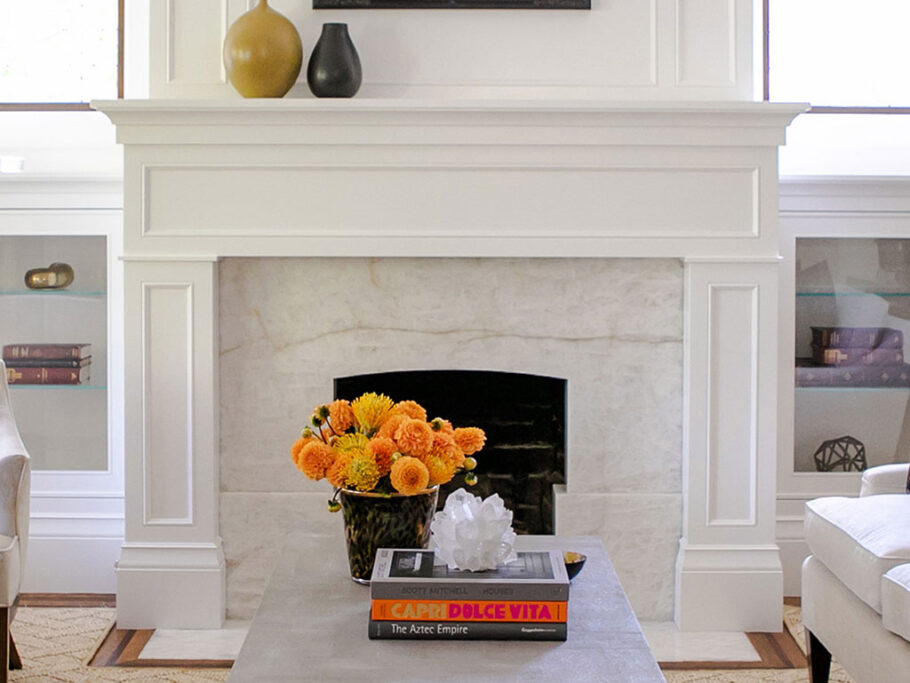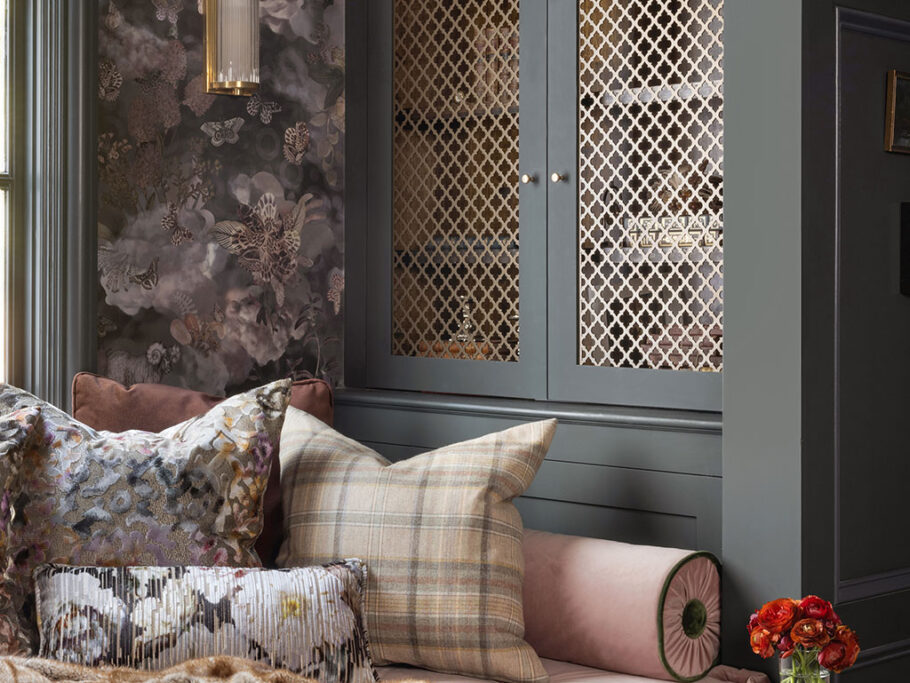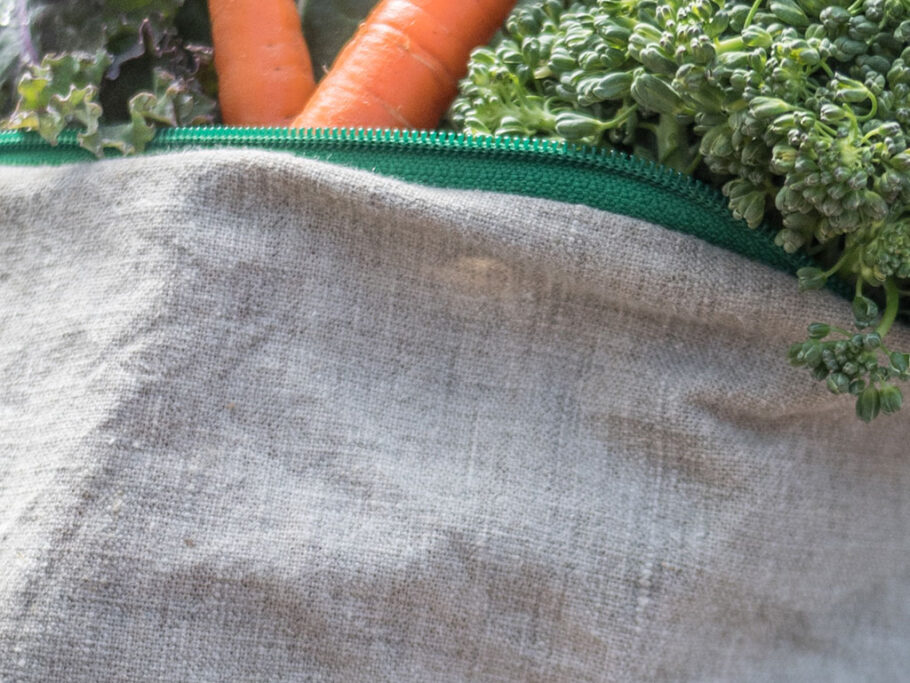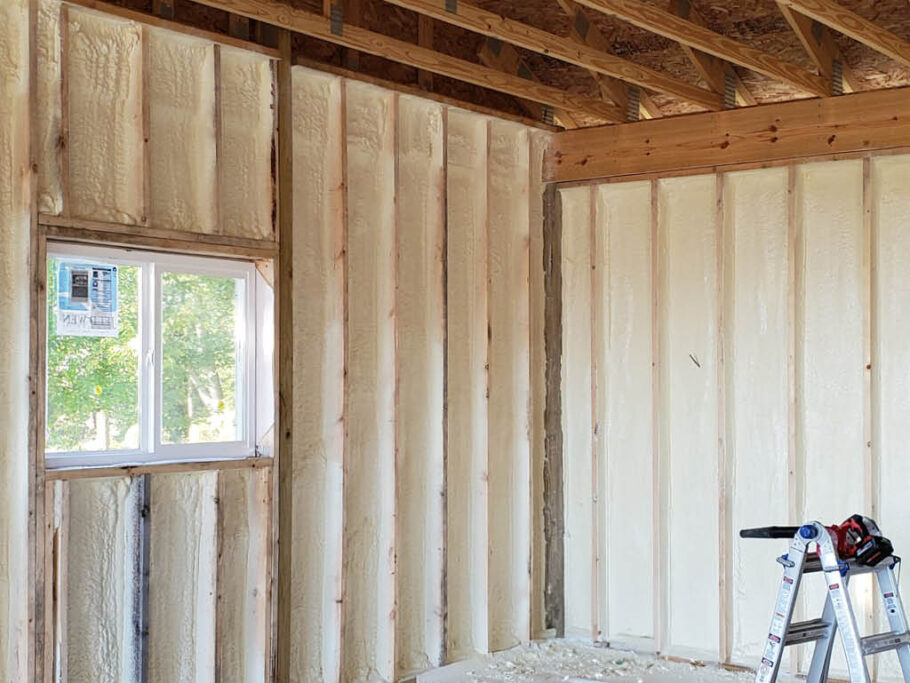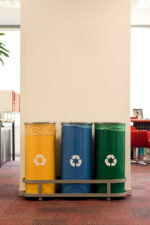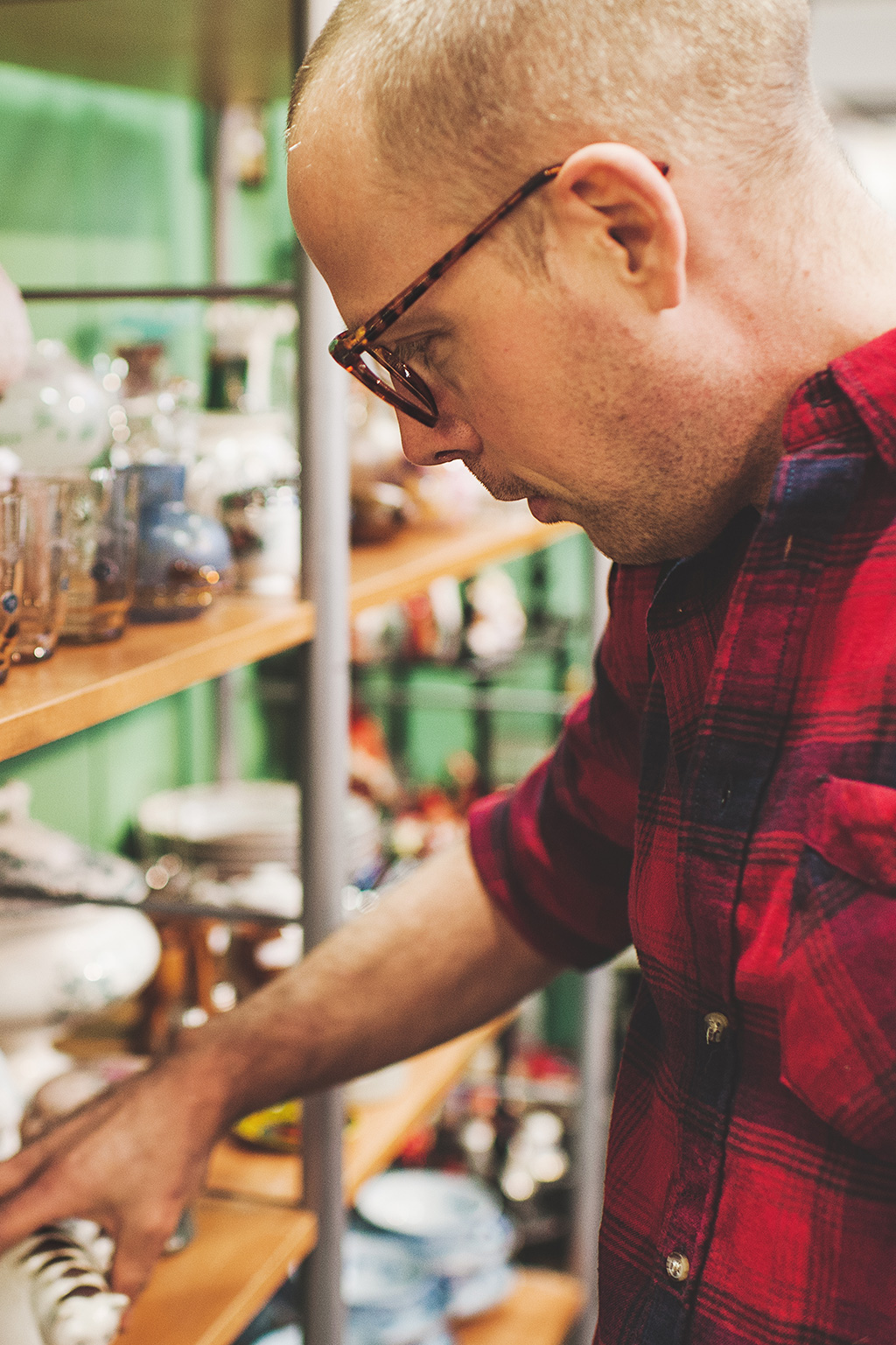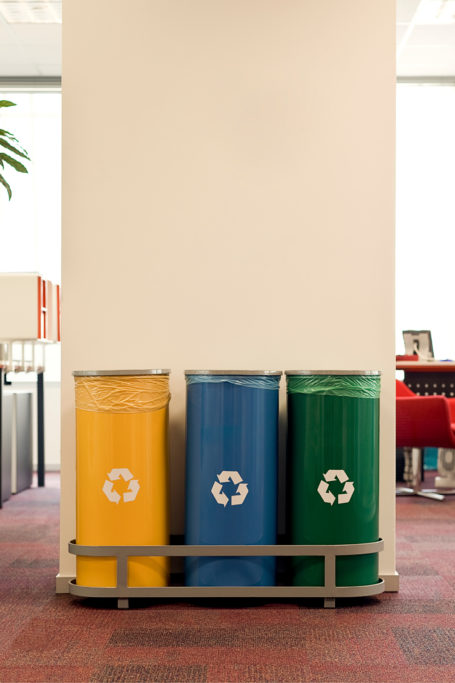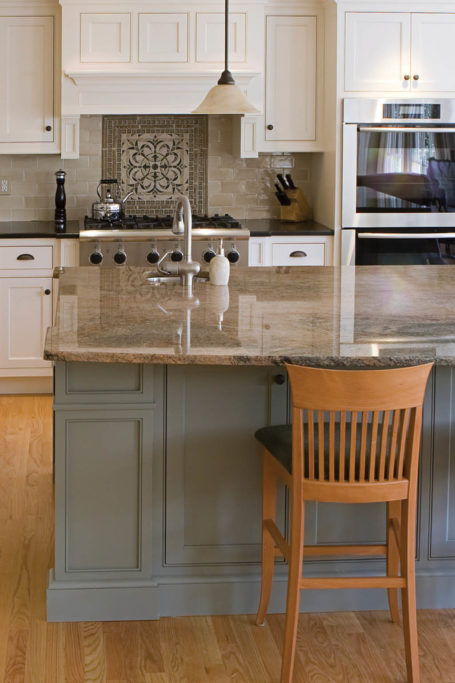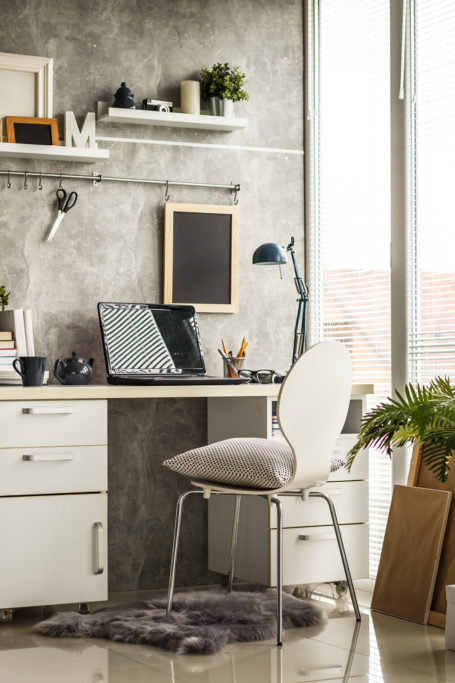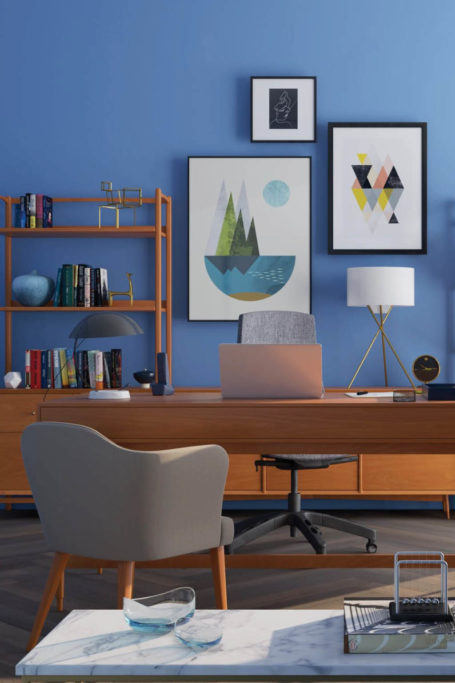A Guide to Shopping Secondhand
One of the joys of moving into a new home, whether it’s a condo, house, or apartment, is getting to furnish and design your living spaces. You have a blank canvas that you can decorate any way you want. However, this can often come at a high expense. If you’re looking for a budget-friendly and sustainable way to find pieces for your home, try looking for used items instead of buying new. It may take a little longer to find the perfect pieces, but if you use these tips, shopping secondhand will be a breeze.
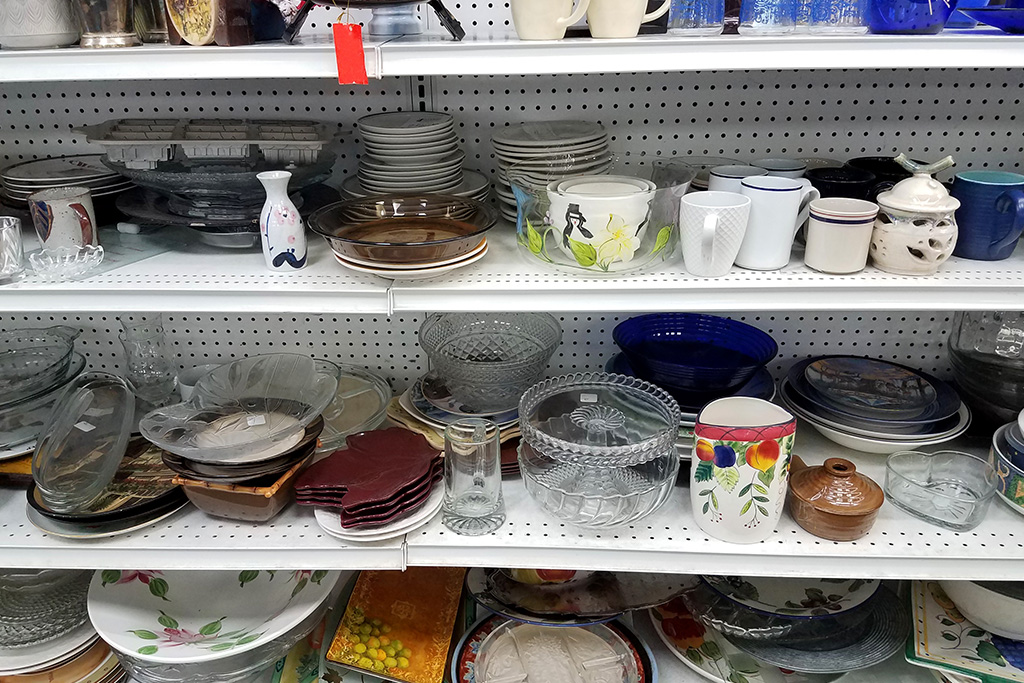
Have an idea of what you need
Unsurprisingly, shopping for secondhand items can quickly become overwhelming due to how many options are out there. Between thrift stores, Facebook Marketplace, estate sales, and antique malls, there are often a lot of items to sort through and choose between. Before you start shopping, you should take inventory of what items you need for your home so you have a general idea of what you’re looking for. For online shopping, begin with specific search terms like “couch,” “dresser,” “rug,” or “coffee table.” This will narrow the field and help you better assess what’s available to purchase in your area. For thrift stores and antique malls, you can stick to the home goods sections, if the store is divided into categories, or simply walk the aisles with specific items in mind.
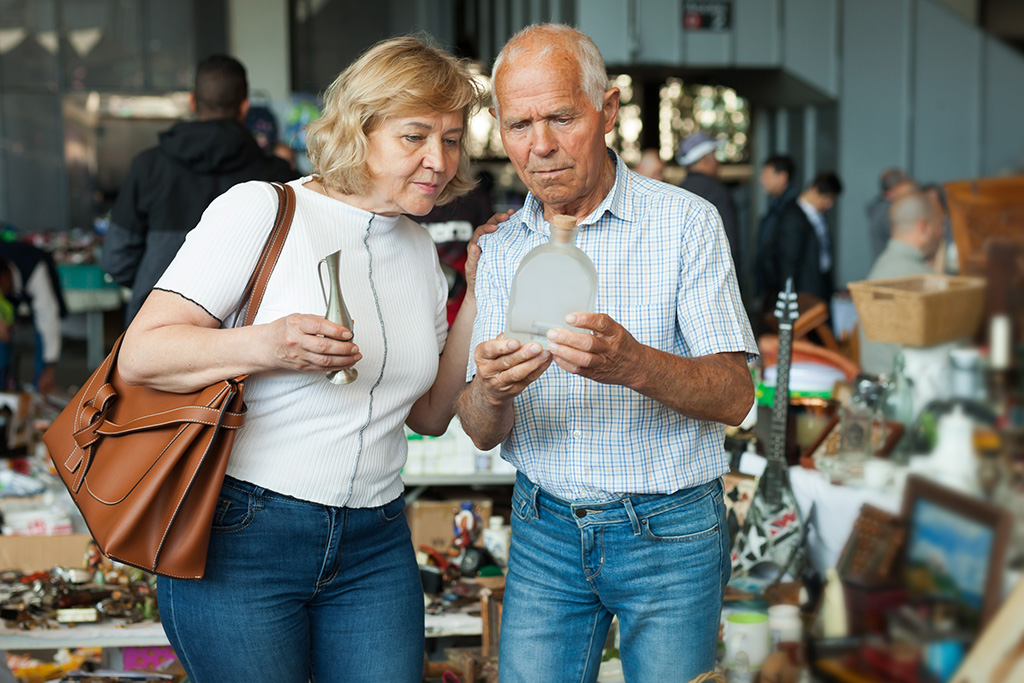
Thoroughly review the item
When shopping for used goods online, you should try to get as many details as you can before purchasing an item. After all, it’s hard to know the true condition of a couch or if a table would fit in your dining room through only a few pictures. Don’t hesitate to ask for more information on the item beyond the listing description, including extra pictures to get a better idea of the object’s details, such as color or fabric. If you plan on shopping in person, be sure to measure the space you’re trying to fill and then take the tape measure with you to the store. This way you’ll be able to check the dimensions of any item to make sure it’ll fit.
You’ll also want to closely check items for any damage. While it’s common for used goods to have some wear and tear from everyday use, things like a loose drawer, a broken seat back, or a torn rug corner can cause more problems than they’re often worth. When you have the option, you should look at an item in person before you buy it. This will give you the chance to ensure not only that it is the right color, size, and look that you’re after but also that it’s in a condition that works for you. That said, there are also a lot of ways to upcycle old items to give them new life; you can always re-cover seat cushions or add a fresh coat of paint to a table or dresser, for example. So if you like the bare bones of an item, get creative and make it into a perfect piece for your home.
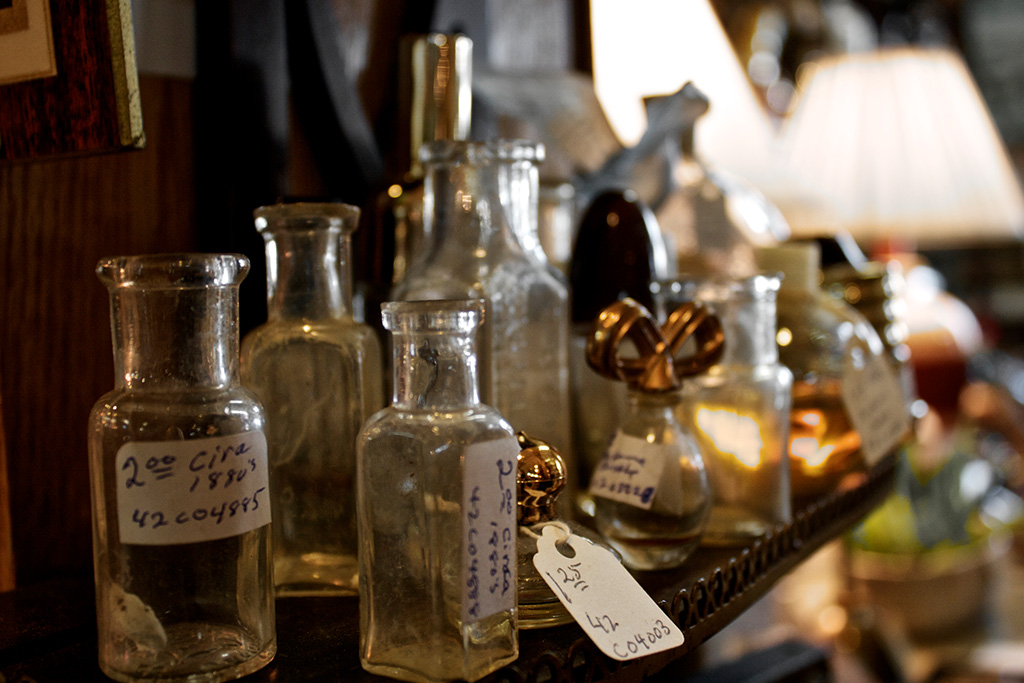
Verify the price before purchasing
While shopping secondhand is more environmentally friendly, part of the appeal comes from getting good deals on things you need; you don’t want to wind up paying more for the secondhand item than you would if you bought it new. Before you say yes to an item, do a little online searching to be sure that it’s priced fairly based on its current condition. For instance, if you’re searching for antiques, you can look up the makers and see what kind of materials they used and how well they tend to hold up. For more modern pieces, you can search for the exact item online, read reviews from other customers, and check the current selling price.
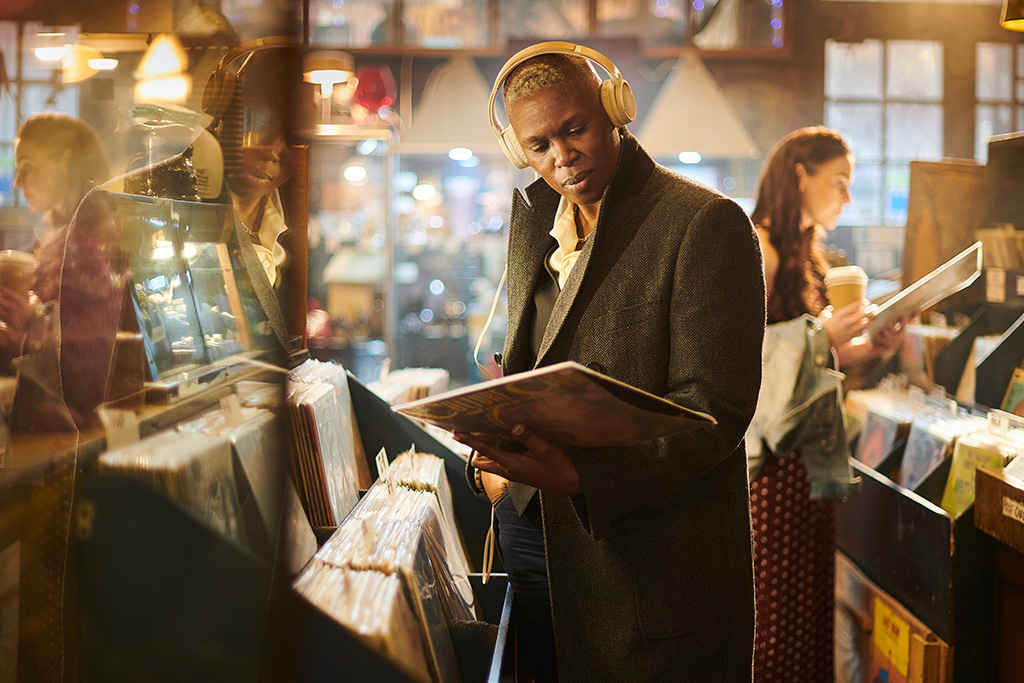
Take your time
While it may be tempting to quickly fill your rooms with items that simply get the job done, it’s important that you prioritize quality when shopping secondhand. Finding the perfect used goods can take some time, but it’s worth waiting for the right thing to appear instead of buying something “good enough” just because it’s there. Your patience will definitely be rewarded in the end.



